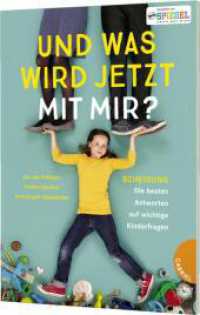- ホーム
- > 洋書
- > ドイツ書
- > Humanities, Arts & Music
- > History
- > antiquity
Description
(Text)
This monograph presents a novel investigation of the magistri militum, the highest-ranking officers within the late Roman army. It posits that between 340 and 395 CE, specific magistri seized opportune moments, notably during the political voids following emperors' deaths, to reshape the character of their office and expand its pivotal role in the military-political sphere. This transformation played a decisive role in the eventual dissolution of the Western Roman Empire.
Furthermore, the study employs the prosopographical method to reevaluate previous scholarship regarding the proportion of barbarian and Roman generals. Notably, the research posits that the balance between Roman and non-Roman officers was far more equitably distributed than hitherto conjectured. Additionally, prosopography is used to reconstruct the fourth-century cursus honorum.
Finally, this work utilizes the analytical framework of social network analysis, predicated upon the application of mathematical equations and formulae to elucidate the intricate dynamics of positive and negative relationships. The findings of this study furnish valuable insights and prospects for further research.
(Author portrait)
Christopher Bendle currently teaches Latin in Philadelphia, where he moved in 2020. He also studies Classics at the University of Pennsylvania. His research interests center on the Later Roman Empire and 'big picture' history, especially the military and political reasons for the dissolution of the western empire, as well as Roman vs. non-Roman identities, leadership, and the successor kingdoms.








